Search
Search Results

Video
Numantia - Live Action Trailer
Numantia is a TBS game based on the true historical events that occurred in the Iberian Peninsula in the 154 BCE. Play through two different campaigns as Numantia, the most important Celtiberian city in Hispania or as the Republic of...
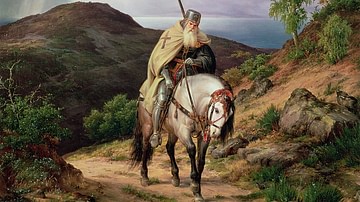
Article
The Crusades: Consequences & Effects
The crusades of the 11th to 15th century CE have become one of the defining events of the Middle Ages in both Europe and the Middle East. The campaigns brought significant consequences wherever they occurred but also pushed changes within...
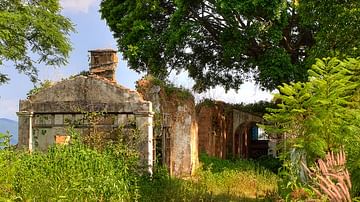
Interview
Interview: Living in Silverado: Secret Jews in the Silver Mining Towns of Colonial Mexico
Professor Emeritus David Gitlitz is one of the world’s leading experts on Jewish-Catholic interactions in Iberia and the Americas. While initially drawn to the literature of the Spanish Golden Age as a student at Oberlin and Harvard, the...

Definition
Carthaginian Army
The armies of Carthage permitted the city to forge the most powerful empire in the western Mediterranean from the 6th to 3rd centuries BCE. Although by tradition a seafaring nation with a powerful navy, Carthage, by necessity, had to employ...
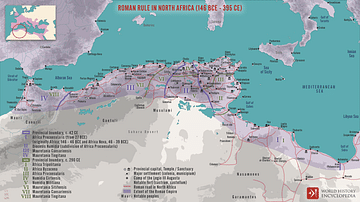
Definition
Mauretania
Mauretania was an ancient kingdom in northwest Africa, encompassing regions of modern-day Morocco and Algeria. Although it shares a name with the modern country of Mauritania, they do not overlap. Ancient Mauretania was named after the Mauri...

Definition
Carthaginian Warfare
Carthaginian warfare has been overshadowed by defeat to Rome in the Punic Wars, but for six centuries before that Carthage was remarkably successful in conquering lucrative territories in North Africa, the Iberian Peninsula, and Sicily. By...
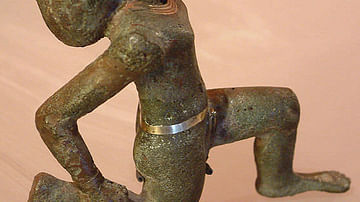
Definition
Berbers
The Berbers have occupied North Africa, specifically the Maghreb, since the beginning of recorded history and until the Islamic conquests of the 8th century CE constituted the dominant ethnic group in the Saharan region. Modern Berber speakers...
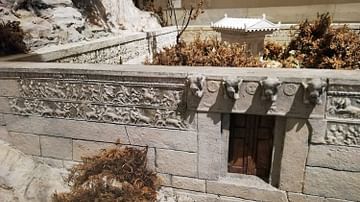
Article
The Heroon of Trysa: A Lycian Tomb Reappears
The Heroon of Trysa was the tomb of a powerful Lycian dynast surrounded by a precinct wall covered with remarkable mythological friezes. It was discovered in 1841 CE when a Polish-Prussian school teacher and classical philologist, Julius...
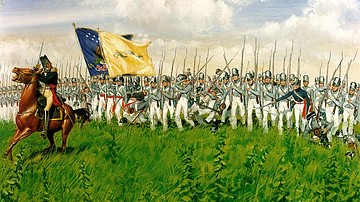
Article
Battle of Chippawa
The Battle of Chippawa (5 July 1814) was a major battle in the War of 1812, in which a US army proved its newfound discipline by defeating British regulars during the Americans' third attempted invasion of the Niagara Peninsula. Though the...

Definition
Ancient Japan
Ancient Japan has made unique contributions to world culture which include the Shinto religion and its architecture, distinctive art objects such as haniwa figurines, the oldest pottery vessels in the world, the largest wooden buildings anywhere...